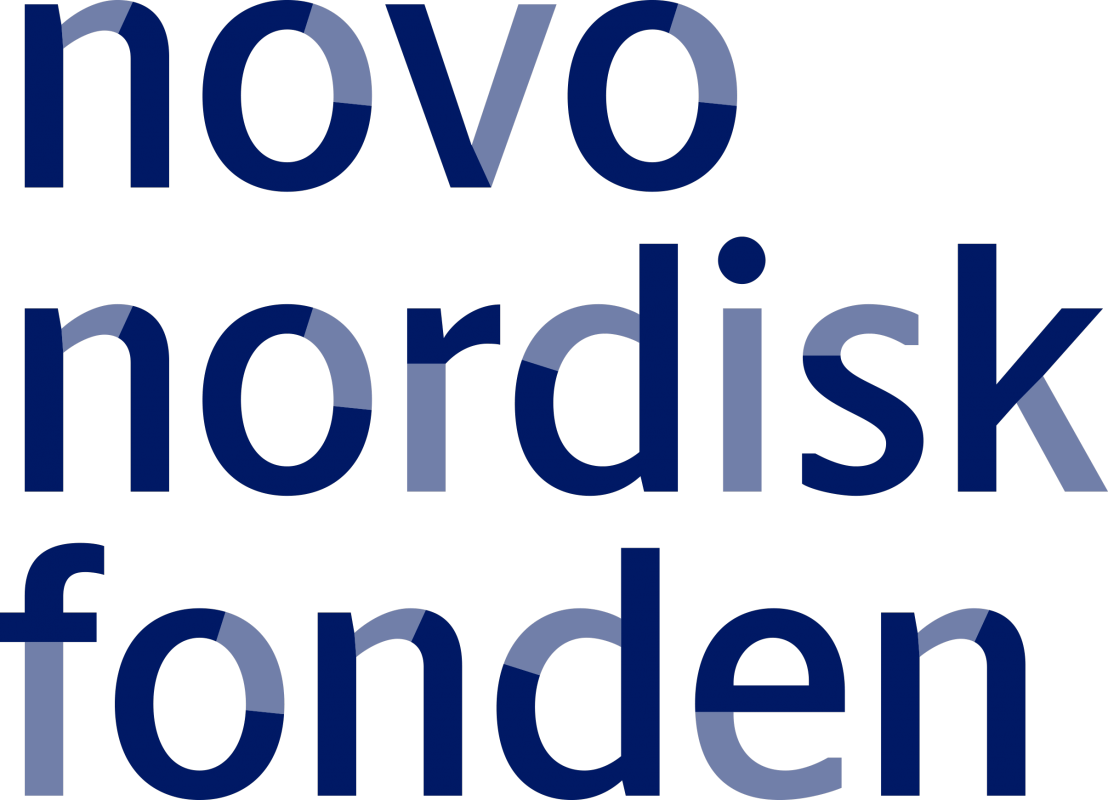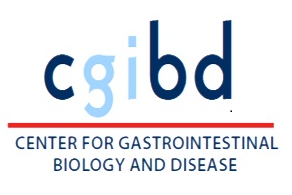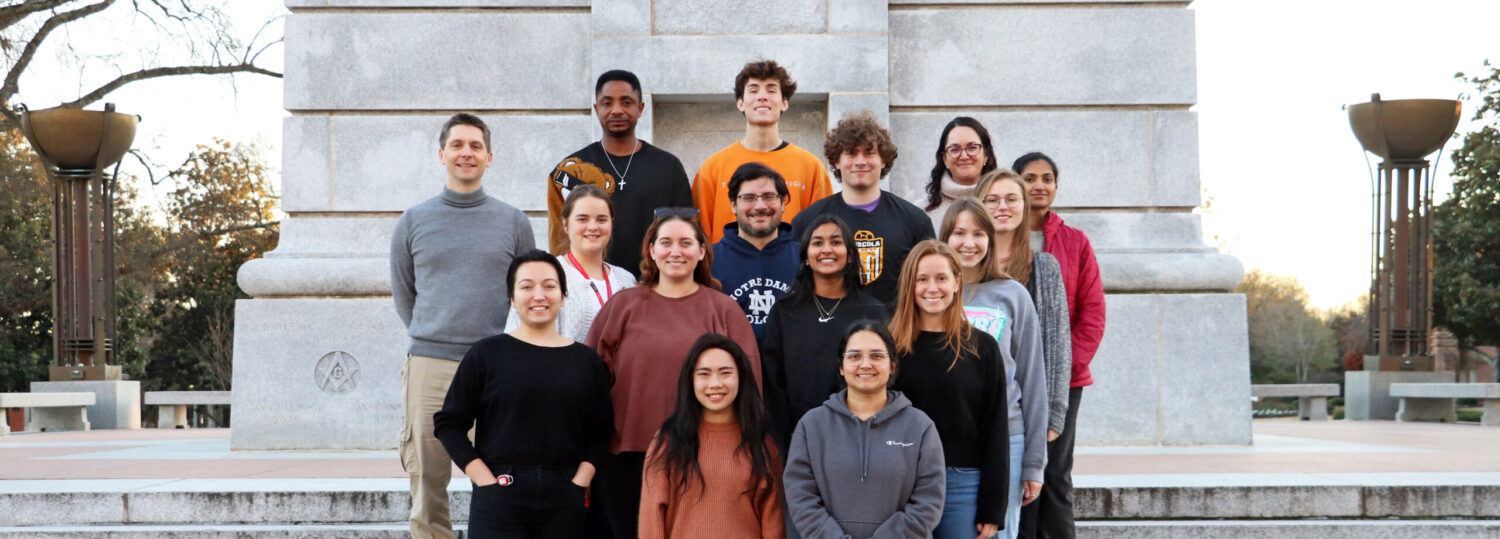
Welcome to the Kleiner Lab! – new
Welcome to the Kleiner Lab!
Our lab is part of the Department of Plant & Microbial Biology and the Microbiomes and Complex Microbial Communities Cluster.
Our current projects focus on:
- Methods for Microbial Community Analyses
- Development of cutting-edge methods for microbial community analyses focusing on metagenomics and high-resolution mass spectrometry based metaproteomics. A 20 minute overview presentation by Dr. Manuel Kleiner on what we can learn using metaproteomics is available here.
- Development of protein-based stable isotope probing methods (Protein-SIP) that allow us to identify and quantify incorporation of isotopically labeled substrates into specific species or proteins in microbial communities. An introduction to Protein-SIP is available here.
- Identification of proteomic signatures of microbial growth. An introduction to the topic can be found here.
- Plant-Microbe Interactions
- The development and evaluation of metaproteomics methods for root-associated microbes. This project is sponsored by the Plant Soil Microbial Community Consortium (PSMCC).
- Decoding plant-microbiome interactions for improved crop resilience using wheat as a model. This project is a large collaborative effort of many faculty members from NCSU and several Danish Universities sponsored by the Novo Nordisk Foundation.
- Experimentally informed metabolic pathway modeling of maize root-associated microbiota. This project is funded by USDA NIFA.
- Diet-Microbiome Interactions in the Intestinal Tract
- Harnessing metagenomics, metabolomics, metaproteomics, single cell imaging, and cultivation-based approaches to examine the mechanisms of interaction between intestinal microbiota and external substrates (diet) and host-derived substrates (host compound foraging). This project is supported by the NIH’s MIRA (Maximizing Investigators’ Research Award) grant.
- Direct linkage of dietary components with metabolizers in the microbiota. This project is sponsored by the Foundation for Food and Agriculture Research (FFAR) and BASF.
- The fate of dietary protein from different sources and its impact on the intestinal microbiota currently supported through a pilot grant from the Center for Gastrointestinal Biology and Disease (CGIBD).
- Some of our recent results in this are presented here.
- Phage-Microbiome Interactions
- The discovery and characterization of virotrophs, a hypothesized group of specialized bacteria which are capable of utilizing bacteriophage as a sole nutrient source for growth and replication. A brief introduction can be found here.
- Tracking horizontal gene transfer by virus-like particles in microbiomes using transductomics and metaproteomics.
- Carbon Sequestration
- The role of microbes in mineral precipitation resulting in exceptional fossil preservation and CO2 sequestration sponsored by the National Science Foundation (NSF).
- Factors governing energy efficiency of metabolism in free-living and symbiotic bacteria, looking specifically at a novel CO2 fixation pathway.
- Molecular ecophysiology of microorganisms with two carbon fixation pathways funded by the Binational Science Foundation (BSF).
- How soil microbes and minerals make necromass that persists through a project funded by the US Department of Energy. A graphical abstract can be found here.
- Horizontal Gene Transfer
- The role of horizontal gene transfer in the metabolic evolution of bacterial symbionts.
- The saboteur’s tools: mechanisms for host reproductive manipulation by the bacterial arthropod endosymbiont Cardinium hertigii funded by the National Science Foundation (NSF). An brief introduction can be found here.
Lab Work in the Kleiner Lab
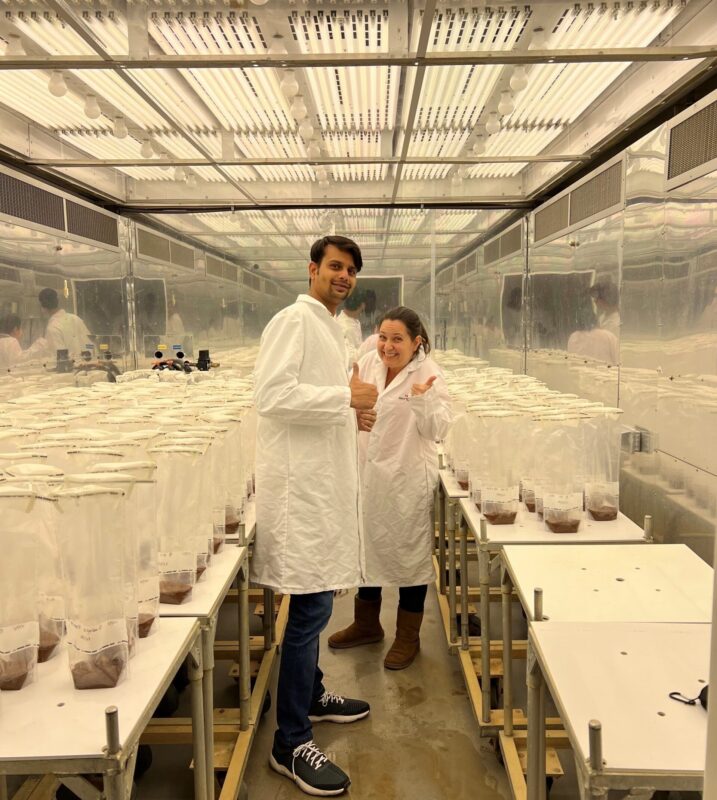
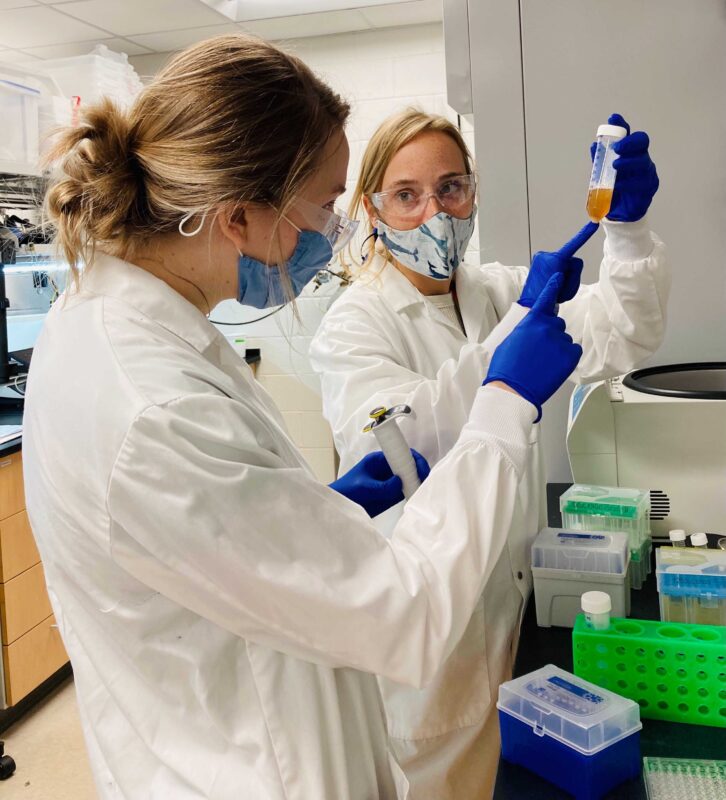
You can contact us by emailing Dr. Kleiner at manuel_kleiner@ncsu.edu
The Kleiner Lab would like to thank the following funding sources:


